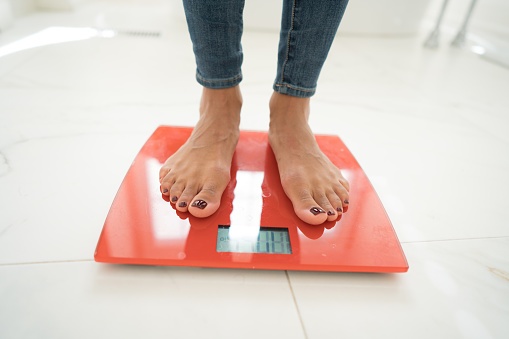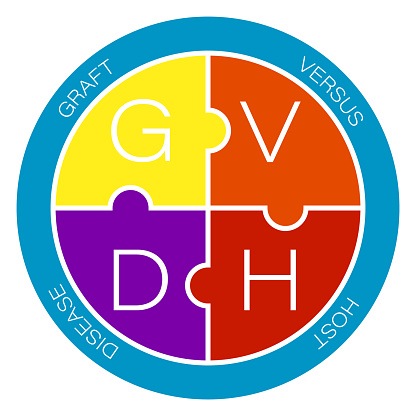
Patients with chronic graft-versus-host disease (cGVHD) are adversely impacted in terms of employment and income, according to a study presented at the 2021 TCT Meetings of ASTCT & CIBMTR Digital Experience.
Researchers surveyed 165 participants aged 18 years and older living with cGVHD from May to August 2020. The median age of respondents was 57 years, and 83% were white. Nine-two respondents had some college education, 55% were employed full or part time, and 94% were still experiencing symptoms years after their initial diagnosis. In total, the survey consisted of 74 items and took approximately 30 minutes to complete.
The results showed that among employed patients, 50% reported having to take disability leave, 50% reported reduced work hours, 30% had to take a less demanding job, and 27% left a job. Moreover, the researchers noted that employed patients reported missing 33% of work time due to cGVHD, and patients with severe cGVHD missed about half of work time. Overall, more than 70% of respondents reported a loss of income as a result of cGVHD, with more than 50% losing more than half of their income.
The researchers concluded, “Among these previously employed transplant survivors, a substantial proportion of survey respondents reported adverse employment and economic impacts due to their cGVHD, even those with mild/moderate symptoms. Many respondents relied on caregivers, who also experienced economic hardships, such as reduced work hours and job loss.”
Read more at: https://tct.confex.com/tct/2021/meetingapp.cgi/Paper/17454
Yu J, et al. Impact of Chronic Graft-Versus-Host Disease on Patients’ Quality of Life, Employment, Productivity, Income, and Caregivers. Published for the 2021 TCT Meetings of ASTCT & CIBMTR Digital Experience; February 8-12, 2021.







 © 2025 Mashup Media, LLC, a Formedics Property. All Rights Reserved.
© 2025 Mashup Media, LLC, a Formedics Property. All Rights Reserved.